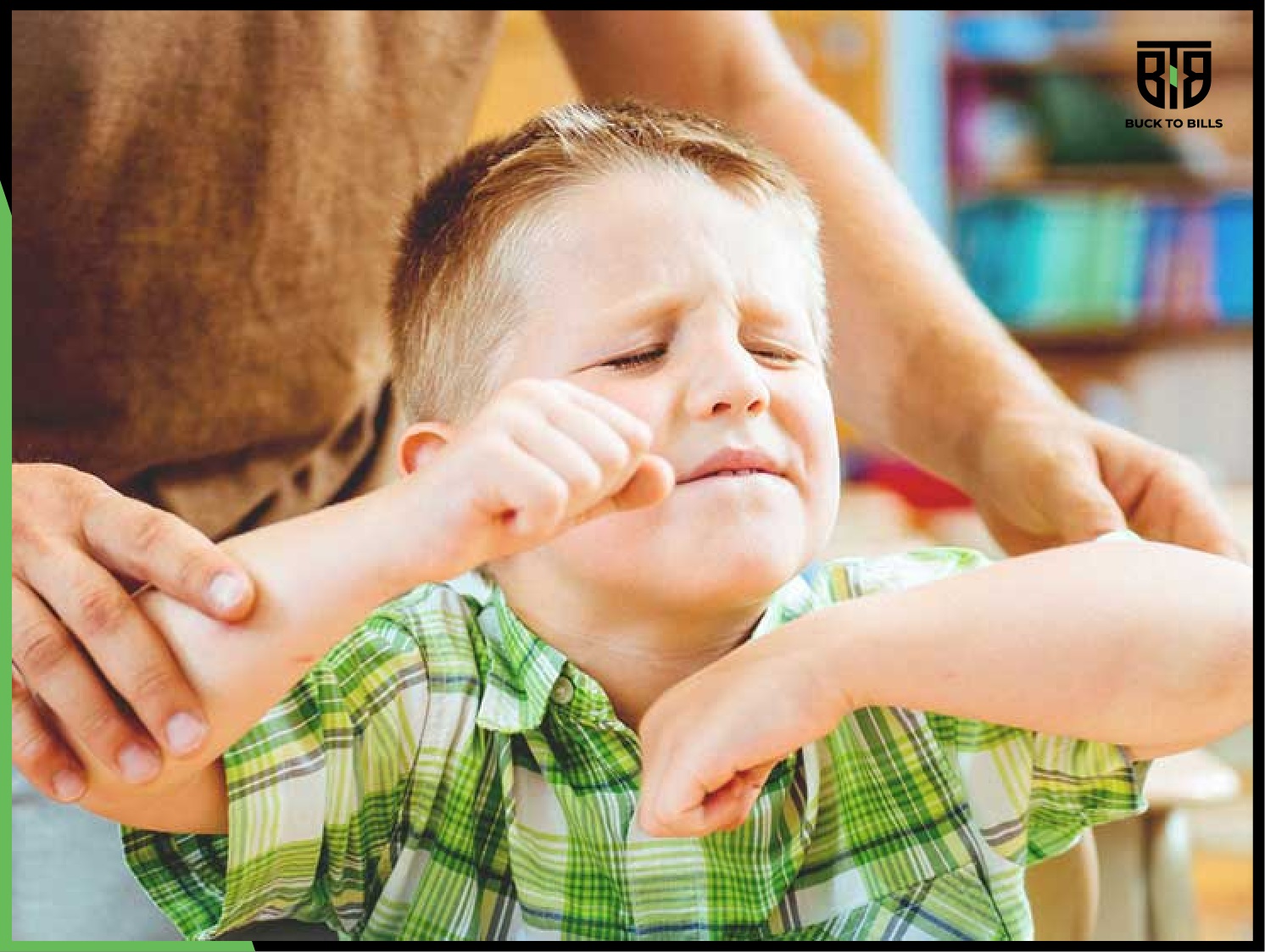Even the most obedient kid turns out to be mischievous sometimes. A few children behave frustrated, savage, defiant, and vindictive no matter how politely you try to handle them. This condition is known as Oppositional defiant disorder. If you observe any of the above symptoms, you don’t have to worry because you are not going to fight it alone. This article focuses on causes, symptoms, remedies, and treatment methods of Oppositional Defiant Disorder (ODD).
What is Oppositional Defiant Disorder?
ODD is a behavioral disorder generally observed in children. Children with ODD are considered to behave crankily and angrily all the times. Occasional irritation can be regarded as stress and neglected, but frequent behavior may disrupt regular lifestyle and cause more significant threat in the long run. If left untreated, it can disturb career, academic life, and relationships too.

However, not every denial is ODD. Children typically defy authority. They rebel, argue, and disobey elders. You can consider it ODD if it persists over six months. Studies reveal that 2% to 16% of children and teens are believed to have ODD. ODD is more common in younger ones than in the elder ones.
Causes:
Although there is no clear evidence to suggest what causes Oppositional Defiant Disorder, few contributing factors are believed to be the causes behind this condition:
Genetic causes:
Natural brain wiring or neurobiological differences are considered to be few genetic causes behind ODD.Environmental causes:
Sometimes, unfair treatment, an unfriendly environment, and harsh parenting may cause ODD.

Symptoms:
It is complex to distinguish between general stubborn behavior and ODD. Sometimes, ODD symptoms are visible, but that doesn’t mandate ODD. The following symptoms can be considered as Oppositional Defiant Disorder:
- Touchy, defensive, and easily annoyed by others. Angry, irritated, and frustrated.
- Lose temper very quickly.
- Argumentative behavior.
- Defensive behavior.
- Gets annoyed very easily;
- Defies complying with elder’s requests.

Strategies to naturally treat ODD children:
Moderate levels of ODD can be treated naturally in the following ways:
Build a strong relationship:
Try to empathize and be polite with ODD children. Be close and loving with them. Build a strong relationship with ODD kids so that they open up to share their experiences and emotions.Start fresh every day:
Build productive and helpful habits. Make a habit of journaling and track your progress towards tackling ODD. Try handling each extreme emotion once at a time.Stay calm:
Try to stay calm at times of stress and anger. Don’t vent out all your emotions. Try to regulate and control your emotions to let the situation pass.Identify triggers:
Every extreme emotion has a triggering point. Identify those triggering points ahead of the situation and try to avoid those triggering events and points.Be consistent
: Be consistent on your path to attaining positivity. Stay consistent in your efforts.Let the little things go:
Don’t hold on to little things. Let go of them. Sometimes avoiding triggering situations can prevent situations that are unpleasant.
Risk factors:
Oppositional defiant disorder is a complex health condition and turns out to be dangerous if left untreated:
Temperament:
Children with losing temper have a tough time regulating extreme emotions and face trouble in containing intense frustrating emotions.Parenting issues:
A child with ODD background is considered to show extreme reactions in the future too. Children who have experienced abuse, harsh behavior and neglect in their childhood are thought to undergo troubled lifestyles in the future.Environment:
Oppositional and defiant behaviors are reinforced and strengthened under harsh environments and authoritative environments.Family issues:
Children brought up under harsh parenting conditions or parents who have substance abuse disorder are more likely to develop Oppositional Defiant Disorder.
Complications:
Children and teenagers with ODD are known to face certain complications in the future.
- Children with ODD have troubled relationships at both school and home.
- Poor performance both in personal and academic life.
- Impulsive disorder and anti-social behavior.
- Sometimes, ODD may intensify to depression, stress, and anxiety if left untreated.
- It may lead to substance abuse and suicidal tendencies.

Although Oppositional Defiant Disorder is a complex health issue, it can be treated. With the proper intervention at the right timing, can solve the problem at the earliest, and the person can lead a normal lifestyle like earlier. There is no standard procedure to treat ODD. But positive parenting, empathy, and a positive approach can help control the problem to some extent. However, early identification of the problem and intervention can give positive results.


















